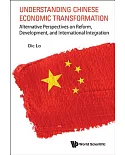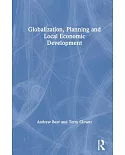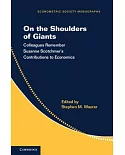Business Groups - large, diversified, often family-controlled organizations, such as the Japanese keiretsu and the Korean chaebol - have played a significant role in national economic growth,
especially in emerging economies. Earlier variants can also be found in the trading companies, often set up in Britain, which operated in Asia, Africa, and Latin America.
Business Groups are often criticized as premodern forms of economic organization, and occasionally as symptomatic of corrupt 'crony capitalism', but many have shown remarkable resilience,
navigating and adjusting to economic and political turbulence, international competition, and technological change.
This Handbook provides a comprehensive analysis of business groups around the world. It focuses on the adaptive and competitive capabilities of Business Groups, and their evolutionary dynamics.
16 individual country chapters deal with Business Groups from Asia to Africa, the Middle East to Latin America, while overarching chapters consider the historical and theoretical context of
business groups. With contributions from leading regional experts, The Oxford Handbook of Business Groups provides a comprehensive, empirically and theoretically rich guide for scholars and
policy-makers.
About the Series
Oxford Handbooks in Business & Management bring together the world's leading scholars on the subject to discuss current research and the latest thinking in a range of interrelated topics
including Strategy, Organizational Behavior, Public Management, International Business, and many others. Containing completely new essays with extensive referencing to further reading and key
ideas, the volumes, in hardback or paperback, serve as both a thorough introduction to a topic and a useful desk reference for scholars and advanced students alike.





















